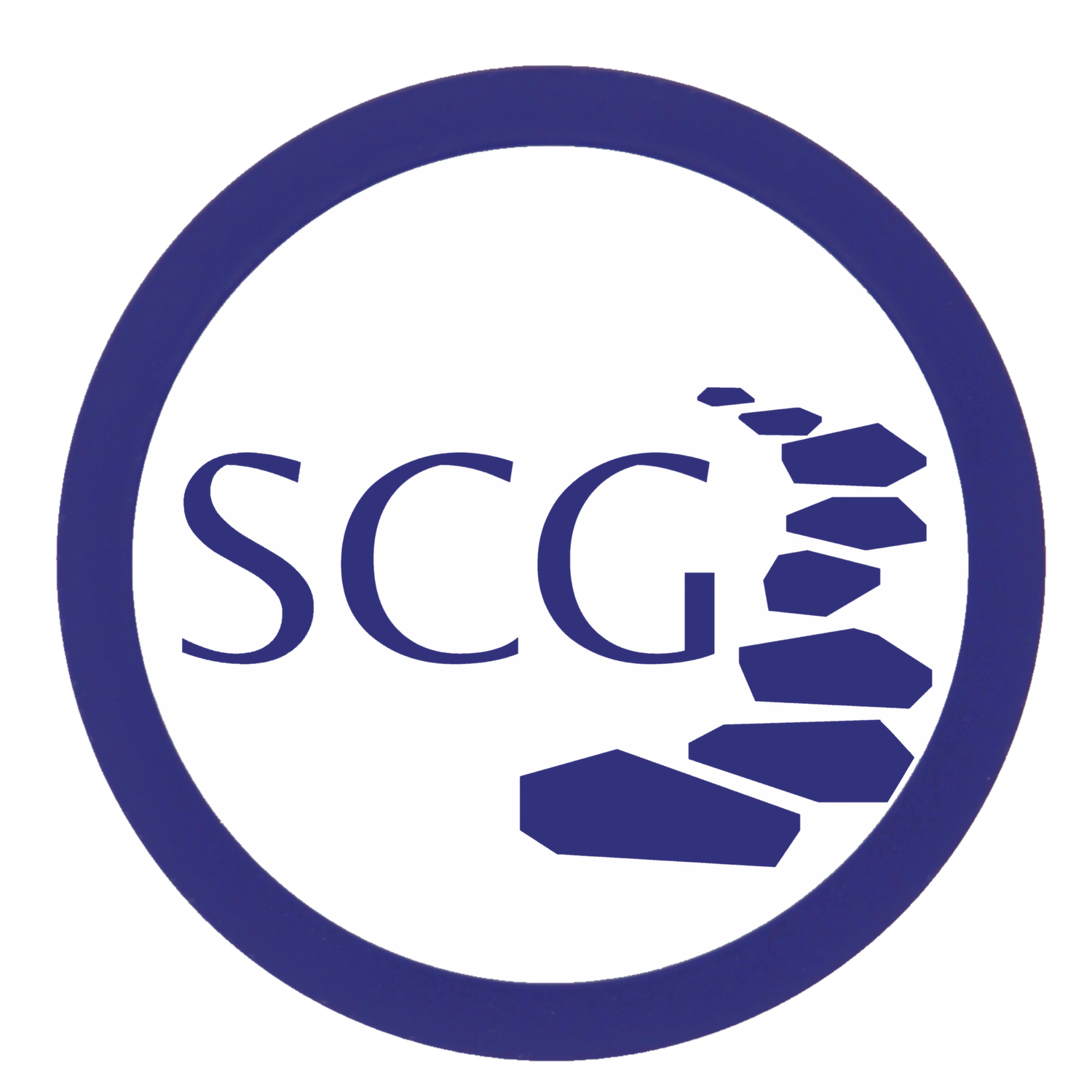Panning Out After the Pandemic
Garry Cook, M.Div., LCSW
The idea of panning out comes from the old gold rush days of finding gold by using pans in streams to separate the gold from dirt and sand. Though the pandemic is not yet over, reclaiming our “gold of life,” is something we can actually begin planning at this point. The first disclaimer is that this article is not a guide. Every life is different in many ways, and needs and circumstances can vary greatly. A one-size-fits all commentary is not possible. The second disclaimer is that no great wisdom will be imparted here. The hope is to stimulate thinking that benefits movement toward recovery—panning out.
Just like having a Covid-19 infection, the pandemic itself will leave lasting impressions and continued effects on individual lives. Generally, everyone has experienced some form of the stress of living life very differently. Stress has severe impacts on the human body and on the mind. Isolation can lead to a general malaise that is perhaps not quite depression but shows as a lack of life luster and low motivation. Anger is heightened in many people that can be felt when out in society. There is also continued anxiety about the possibility of illness and death and related matters like job insecurity or loss, unpaid bills, housing insecurity, income reduction, social isolation, concerns about loved ones, confusion about pandemic protocols and safety measures to name only a few things. The Washington Post reported that 1 in 4 Americans has had some thoughts of suicide due to the stress and losses produced by the pandemic. There has even been the prediction that fertility will be greatly reduced so that millions fewer children will born in the next couple of years.
On the other hand, trauma, especially on a national scale, tends to produce important change and transformation. Individuals and groups can begin to dig for and find gold in the rubble left by the pandemic. While the virus continues, it is greatly reduced and gives hope that perhaps we are on the path to recovery.
Many will find it difficult to know where to begin and how to return to “normal.” I use parentheses because no one knows exactly what normal will be or look like. Beginning might look like deciding what personal freedoms and limitations will be used in the family. In choosing and living out newly enacted social freedoms, it’s important to go slowly and evaluate. So, go slowly, but go. No one can learn to swim by simply standing at the pool’s edge. It requires getting wet, just not in the deep end. Get out and enjoy the sunshine. Meet with vaccinated friends or safely distance outdoors with unvaccinated friends.
It will be important to grieve losses that came in many forms: actual loss of a family member, loss of health, loss of social connections and family gatherings, or loss of job or income. Grief not worked through will show up in some way in later life hindering meaning, joy, and progress.
Catch up on caring for health needs: get new glasses, schedule a dental checkup, get that annual medical checkup that was avoided, lose that pandemic weight picked up while isolating and trying to conquer boredom. The body and mind need each other to do well. Maintaining physical health is good for mood and a sense of wellbeing. Deal with depression, anxiety, and anger with typical self-care procedures. If they don’t respond, seek some help. All kinds of medical professionals can work from video including therapists. If it feels too soon to see professionals in person, see if a virtual visit is possible.
Finally, consider what important lessons have been learned during the pandemic. Assessment of our lives should shine a light on important matters that have risen to the surface. Take stock of these and benefit from them. It may be that even some fundamental beliefs and life questions have changed. Consider the benefits and how to enact these new life changes. Above all, patience will be needed. Most change requires time and thought. A return of sorts is entirely possible. It will happen. History shows it to be true. Take heart, gather up courage and faith, and shoulder determination. Things will pan out.
